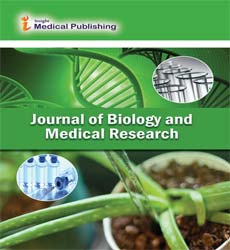The Evolving roles of Pharmacists in Critical Care Units
Abstract
The field of clinical pharmacy had undergone several phases of advancement in past few decades after overcoming through various challenges in the aspects of education and recognition[1].Rather than identifying the medication therapy related problems in pharmacotherapy, the contribution of pharmacists in the management of toxicology cases were defined since 1980â??s[2]. Lusietto M et .al had identified that the presence of a clinical pharmacist in toxicology team is beneficial in improving the clinical outcomes[3]. Patients on critical care units may receive multiple medications during their stay and it may much difficult to interpret which drug may have caused the insult. In such scenarios clinical pharmacists are able to apply their pharmacy knowledge and suggest appropriate therapeutic interventions. The field of toxicology lacks adequate scientific evidence for the development of guidelines and other resources[4]. In such scenarios clinical pharmacists are able to play as researcher by publishing case reports or series, which may aid in toxicological research. Pharmacist being a professional coming from analytical background are able to perform point of care testing in biological samples which completely aids in prognostication identification of endpoint to particular treatment given.
Open Access Journals
- Aquaculture & Veterinary Science
- Chemistry & Chemical Sciences
- Clinical Sciences
- Engineering
- General Science
- Genetics & Molecular Biology
- Health Care & Nursing
- Immunology & Microbiology
- Materials Science
- Mathematics & Physics
- Medical Sciences
- Neurology & Psychiatry
- Oncology & Cancer Science
- Pharmaceutical Sciences
